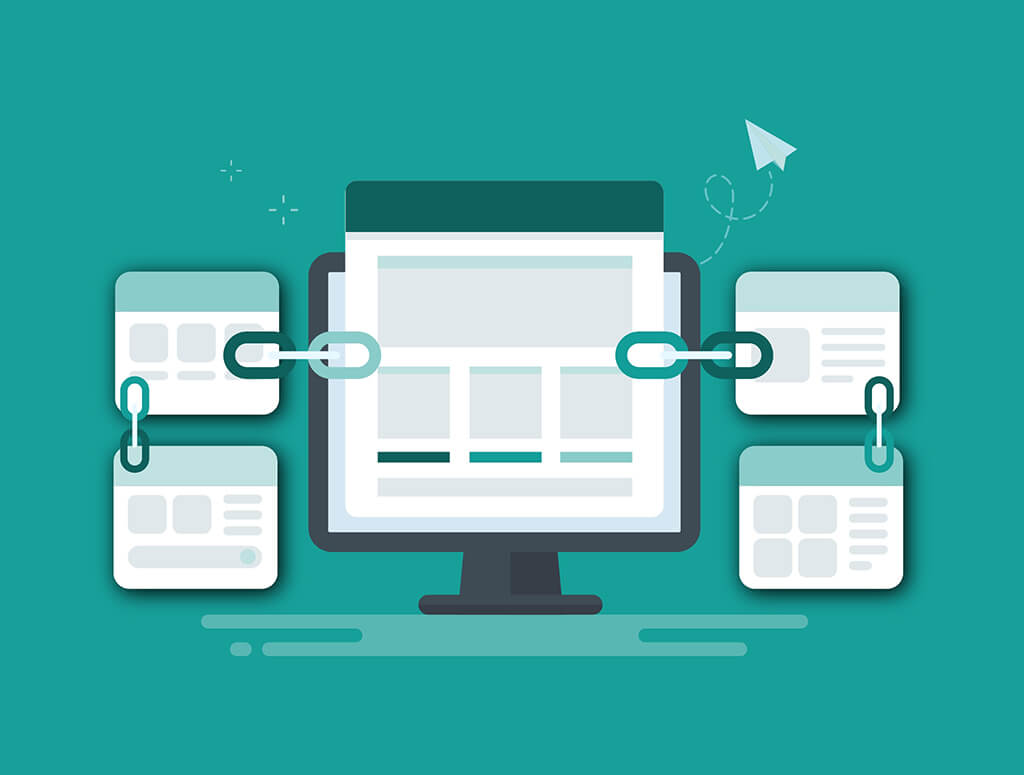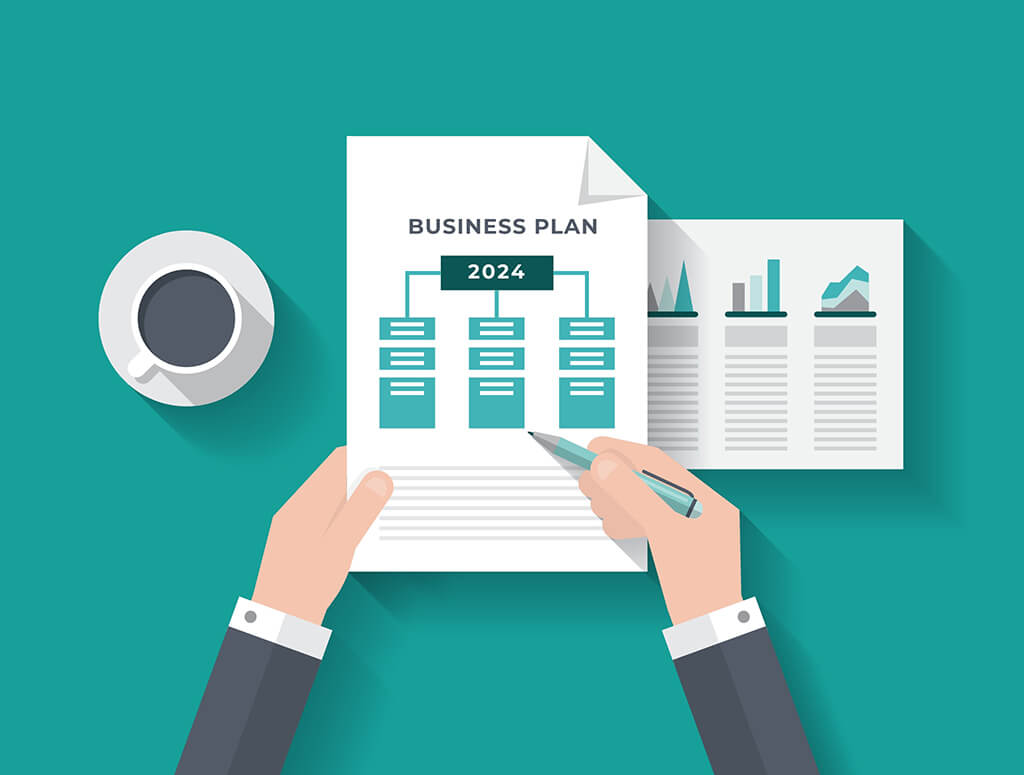Explosive results or slow burn?
What is the difference between paid and organic leads – and which one should you use? We reveal everything you need to know about the two types of website lead generation and how to get the recipe right.
What is a paid lead?
A paid lead is a potential buyer who is considering your products or services because of your paid-for marketing services.
For example, if you attracted someone to your website through your Google Ads campaign, this website visitor will be considered a paid lead. They wouldn’t have found your online business if it wasn’t for the Google Ad because the Google Ad has artificially placed your website near the top of a Search Engine Results Page (SERP). The user then clicked this advert to arrive at your website and consider your products or services.
What is an organic lead?
An organic website lead is someone who has arrived at your website and is considering products or services, but they didn’t arrive at your website through online marketing strategies like Google Ads or Facebook Ads. Instead, the business has invested in Search Engine Optimisation (SEO) services, which organically places the website above competitors on Search Engine Results Pages (SERPs).
When the internet user types a phrase into a search engine, they will see your website page on the first page without you paying the search engine for it to appear there. There are different types of SEO services available which can contribute to a website’s organic performance. Naturally, these services also cost money when outsourced to SEO experts.
Are organic leads or paid leads better?
The difference between paid and organic leads isn’t that one costs money and the other doesn’t. The real difference is in the journey to the top of SERPs. Whereas paid leads can fast-track a product or service to the top of the SERP and acquire lots of potential leads quickly (when done right!), acquiring organic leads are a slow burn that takes months of SEO work. Therefore, paid lead generation is often the preferred method when starting a new online business and/or when wanting swift results.
However, organic lead generation is more sustainable over the long term. When someone invests in acquiring organic leads for a long period, they create a website that is capable of generating leads without heavy and ongoing investment into paid lead generation. On the contrary, if a business was to only invest in paid lead generation, that website would see a significant decrease in leads if the business was to suddenly switch off its Google and social media adverts.
As a result, organic lead generation might be seen as the better long-term marketing investment, but using both organic and paid lead generation with the right balance is usually preferred.
Should organic and paid leads be 50/50?
There isn’t a magic formula of how much you should put towards paid lead generation and how much of your marketing budget should go towards organic lead generation. But if you want to own an online business that can eventually attract large numbers of leads on its own merits, it’s important to keep growing your organic lead generation while decreasing your paid adverts in stages.
The optimal result would be to own a website that generates organic leads without having to pay for any marketing campaigns. This self-sustained website vision is possible but can take a long time. Likely, you will still have to top up your organic leads with paid lead generation services for many years.
Lead generation with WEBPRO
WEBPRO offers an array of lead generation services, including online marketing campaigns and SEO services. Speak with us today to discuss your overall marketing strategy and how to boost website leads. Our marketing team are here to help!
Recap: Paid leads are potential buyers that arrive on your website after being exposed to paid-for marketing campaigns such as Google Ads. An organic lead is someone who arrives at your website due to your website's organic SERP performance. The former is effective at generating lots of leads quickly, but the latter creates sustainable leads and is the optimal goal, i.e., a website that generates leads without the need for continual marketing campaigns.
P.S. Websites that only focus on paid lead generation are vulnerable to quick declines in website visitors.







